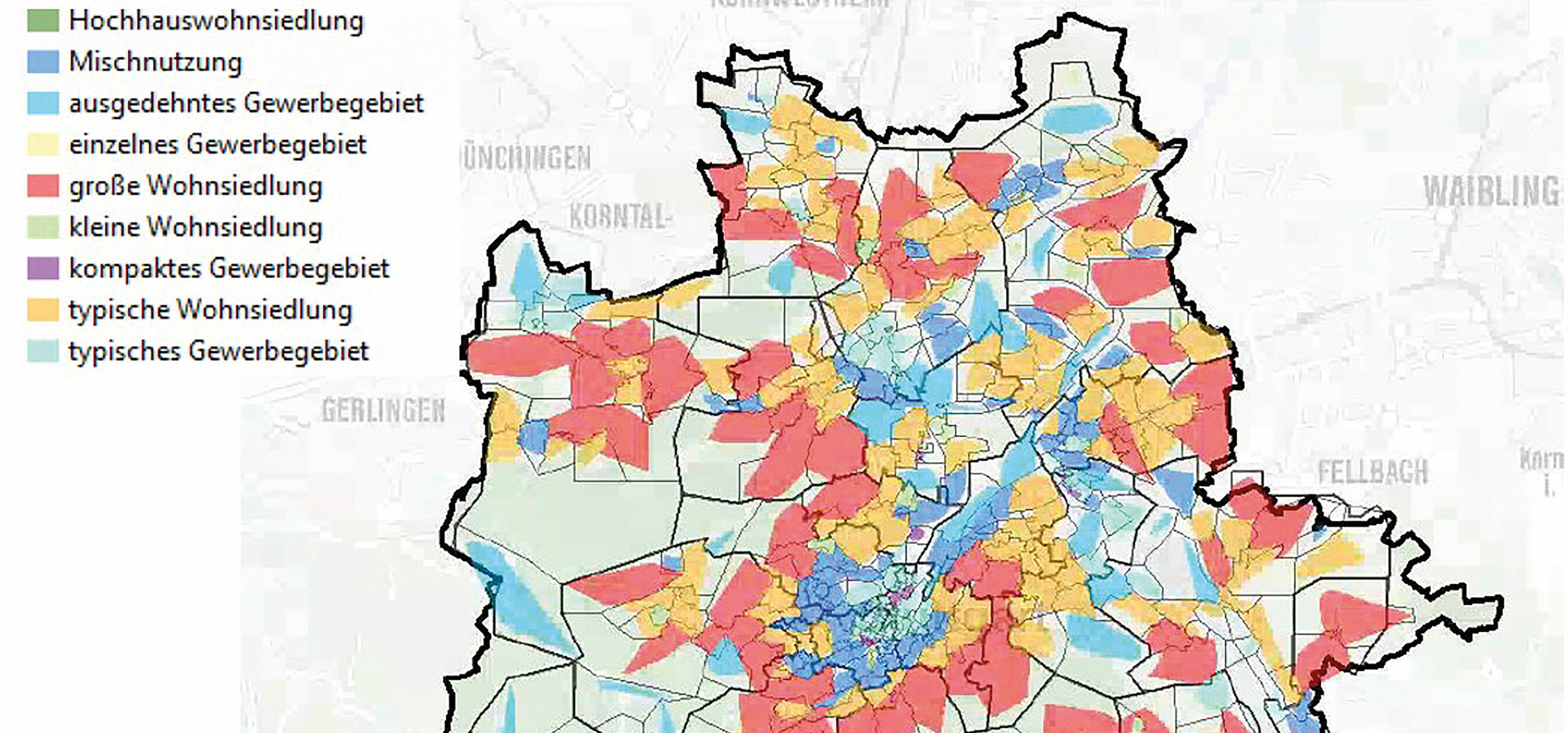
To transform the current energy supply system into a more sustainable one over the coming years in accordance with the climate goals of the state of Baden-Württemberg, the supply structures that are based on the centralised infeed of energy need to be gradually converted into decentralised energy supply systems based on renewable energy sources. The impact of this transformation process on the infrastructure of urban power distribution grids is being studied within the eNetze project. For this, the future electrical load flows in the low-voltage grid will be identified for the year 2030 based on a time series-based analysis.
In contrast to the predecessor project eUrban, other electrical demands are also taken into account in high temporal resolution in addition to electromobility. The key factors for this are conventional consumers, electromobility, but also the additional electrical heating requirements resulting from sector coupling in the area of heating and decentralised power generation through photovoltaics. The respective individual load profiles are compared to each other on the basis of pre-evaluated residential quarters with high transformation potential. A mapping of the summary flows is projected onto the low-voltage distribution networks as part of a time series-based network analysis. This allows the early identification of critical areas and expansion needs in the selected type networks. Furthermore, it will be possible to create several different scenarios and to evaluate flexibilisation potentials. Based on the results, planning principles for urban supply projects can be developed and concrete needs for action can be identified.
